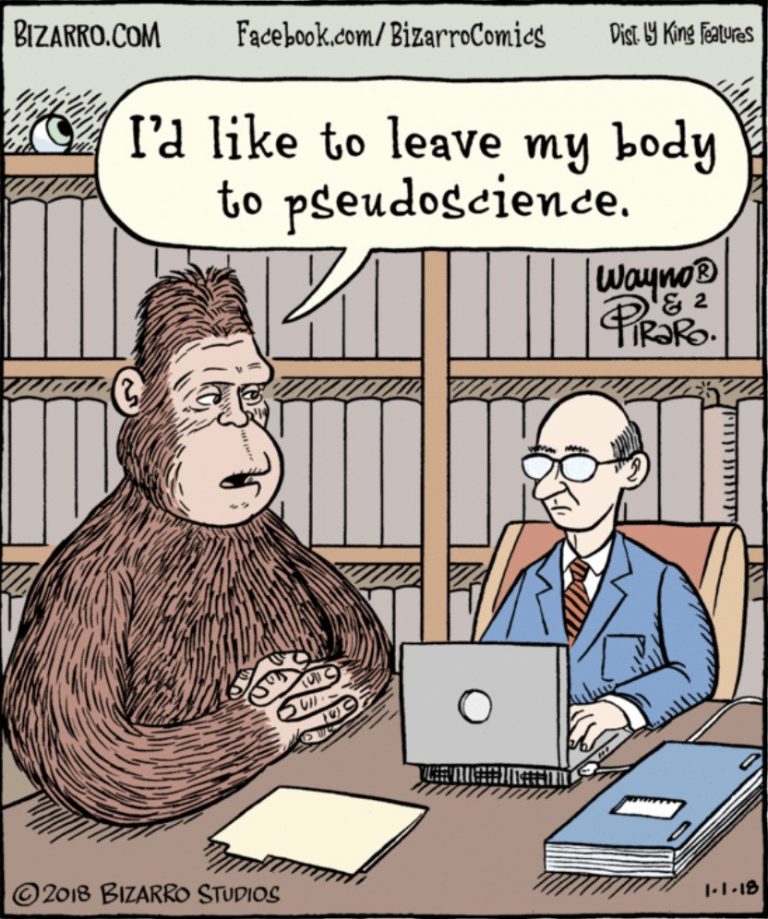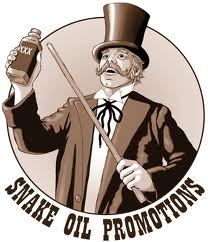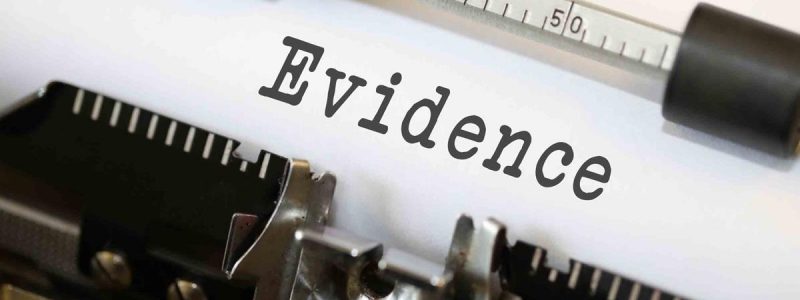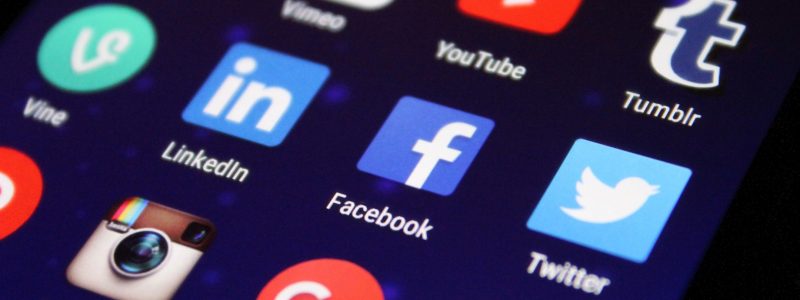If you buy this book by the Angry Chef looking for definitive answers to the secret of healthy eating, then I am afraid this might not be the right one for you.
However, if you are curious about science, food and nutrition, love learning and like entertaining writing that mixes up serious matters with a bit of fun, then go and get it.

Learning about Nutrition
I have probably learnt more from Anthony Warner than from any other single source of nutritional information in the last six months. Not only about nutritional facts, healthy eating, and pseudoscience, but much more, including critical evaluation.
What a claim, right? But I do feel I have had my beliefs challenged, and been taken to areas of nutrition I had never even heard of before.
As with all books, what I have learnt is partly to do with the author, and partly to do with the me, the reader.
From the author, I have learnt so much partly due to the information he gives, but also due to the fact that he pushes boundaries and buttons, and isn’t afraid to challenge his own thoughts (as well as ours) about food and nutrition.
From my side, I chose to be open to challenge and to new concepts. For instance, I have questioned my belief that all processed food is bad; maybe it’s not a simple question of good versus bad. More on that in the book, chapter 19 Convenience Foods.

If you are familiar with my learning cycle (if not, follow the link to find out more), then on the ‘get new information’ part of the cycle; I have had a feast.
The whole book has prompted me to have ‘new ideas’ about pseudoscience, new diets, clean eating, and interestingly, keeping a critical eye on my own blog.
Who is the Angry Chef?
Whilst that was quite a glowing introduction to the book, I must admit I don’t agree with absolutely everything Warner says. However, I imagine the Angry Chef would be quite happy about that, given that learning critical evaluation is a key message of the book.
So, who is Anthony Warner, aka…the Angry Chef?
Well, Anthony Warner has been a professional chef for 25 years plus, and has fairly recently (since the end of 2015 according to his blog) become a blogger under the name of the Angry Chef.
The Angry Chef’s anger is largely vented on pseudoscience; on inaccurate health claims made by health bloggers, the food industry, journalists and the media in general. He uses a kind of alter-ego-voice-in-the-head called Captain Science (in reality an anonymous dietitian he works with on the blog) with whom he has conversations in his blog to show where science is being ignored or abused. This makes his writing style engaging and at times humorous.
I was attracted to the book because I had read his blog posts before, and found them very informative and entertaining.
As you may have guessed he stands on the side of science and research. Getting the scientific facts in a clear and understandable way, was one of the key things I liked about this book.

What you can learn
Warner attacks all those who use false science (i.e. pseudoscience) to mislead and misinform people about health and nutrition, often for their own financial benefit.
Through metaphor, stories and science, he de-bunks many diet myths, and many modern day internet gurus and celebrities fall in his line of fire. However, his attacks are intelligent and well-informed. He is not disparaging of those who promote false diets, indeed he thinks most are not malicious or evil, but have just ended up believing something incorrect.
When you look at the titles of the book chapters, the temptation is to think – ‘yes, I am finally going to get the answers to all these key debates, myths, and confusions that exist in the world of nutrition’. Take a look at some of the titles;
Detox
Paleo
Sugar
Alkaline
Coconut Oil
Clean Eating
Convenience foods
Of course, as we learn through the book, looking for yes /no answers in the world of nutrition is the wrong approach. Inevitably the truth is much more complicated.
As the Angry Chef points out, it is because people don’t like this uncertainty, that they are attracted to every health guru, diet expert and journalist who does give a yes/no answer. People like certainty.
Unfortunately, science is rarely certain, rarely yes or no, and any scientist who claims to have the definitive answer should make your red flag start to flutter.

The History of Quackery
In addition to exposing many myths, Warner takes us through a brief history of pseudoscience and how it has arisen. He explains how myths arise and how unfortunately, the more we talk about them, the more we reinforce them. Cognitive Science tells us, the more people hear something, the more they tend to believe it as being true, irrespective of whether you keep telling them it is true or not.
His chapters on the nature of science are very useful for starting to make sense of often confusing or contradictory newspaper headlines about food that we often come across.
He explains that good science is always seeking the truth, and so until we are 100% sure that A causes B (not just being associated with it), then scientists should not rest. This is the challenge, because people want a simple answer now, and science is never simple.
What’s more he tells us, science and food are complicated. Experiments are usually observational, in which case we can only make associations, not show cause. They often testing single nutrients on cells or tissues in the laboratory, and they are often done on animals.
The reality of food and metabolism in humans though is much more complicated, so it is difficult to get a clear, accurate answer to how food (as oppose to individual nutrients) affects our health.

Anecdotes and evidence
Whilst he attacks those who make claims without scientific evidence, there are scientists who claim that the huge number of people who have successfully lost weight on a diet, such as Paleo, is evidence that it works.
The Angry Chef argues that this is anecdotal and not valid evidence. He has a point in so much as anecdotal evidence is self-selecting. That is, usually only those who have been successful, tend to give testimonials. For every one who made it, there may have been three who didn’t.
At the same time though, in the social sciences, qualitative data is seen more and more, as valuable as quantitative data. Basically, the stories people tell can count as much as statistics. So, if not only success cases were collected, but also interview data from those people talking about their success, then this could be collated into more meaningful research data. This could be useful because I think our relationship with food is social and emotional, not just physiological.
Until this happens though, we just have anecdotes.

